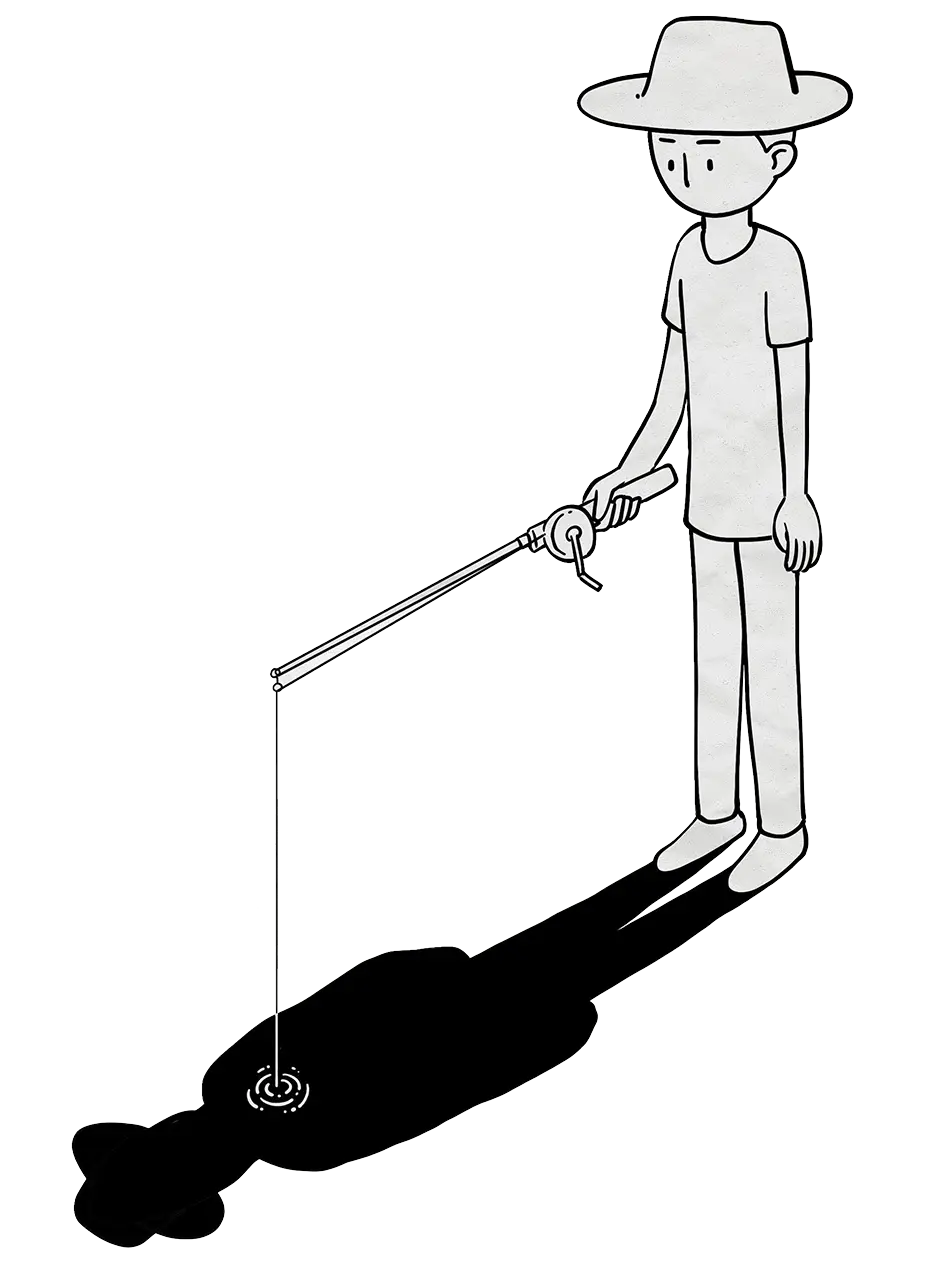What Is Philosophy?
January 14, 2025

The examined life
What Is Philosophy?
Based on etymology
- Philosophy is
- the love of wisdom
Based on etymology
- Philosophy is
- the love of wisdom
Issue
Commits the Etymological Fallacy
Etymological Fallacy
To ignore the contemporary meaning of a word and insist that its etymology (word roots) reveals its true meaning.
Consider the words: awful, nice, silly, terrific
Philosophy is …
Early on…
- Philosophy referred to academic study of anything: mathematics, physics, astronomy, ethics, psychology, logic, political thought, etc.
- Pre-Socratic Philosophy (6th Cent B.C.)
- Most focused on natural philosophy
- Philosophical questions: nature of reality, one substance or many
Philosophy is …
According to Thomas Nagel
Philosophy differs from science and mathematics
- Unlike science, philosophy…
- Doesn’t rely on experiments or observation
- Only on thought
- Unlike mathematics, philosophy…
- has no formal methods of proof
According to Thomas Nagel
Philosophy is done by…
- Asking questions
- Arguing
- Trying out ideas
- Wondering how concepts work
According to Thomas Nagel
The main concern of philosophy is to question and understand very common ideas that all of us use every day without thinking about them. A historian may ask what happened at some time in the past, but a philosopher will ask, ‘What is time?’ A mathematician may investigate the relations among numbers, but a philosopher will ask, ‘What is a number?’
A physicist will ask what atoms are made of or what explains gravity, but a philosopher will ask how we can know there is anything outside of our own minds. A psychologist may investigate how children learn a language, but a philosopher will ask, ‘What makes a word mean anything?’ Anyone can ask whether it’s wrong to sneak into a movie without paying, but a philosopher will ask, ‘What makes an action right or wrong?’ (Nagel 1987, 5)
Missing from Nagel:
- Philosophy concerned with why questions
- Teleology — why? — relates to a purpose or goal
- How Questions vs. What & Why Questions
E.g., How did the universe come to be? vs. Why is there something rather than nothing?
According to Louis Pojman
Philosophy is
the contemplation or study of the most important questions in existence with the end (goal) of promoting illumination and understanding, a vision of the whole. (Pojman 2006, 2)
- Philosophy proposes answers using reason, sense perception, imagination, and intuitions
- Aims to clarify concepts and to construct and analyze arguments and theories
Philosophy as a Second-Order Discipline
- First-order discipline: study of X
- Second-order discipline: study of the study of X
- Philosophy seeks to clarify and justify presuppositions of various fields
Major areas
Metaphysics
The study of reality or being
- What is the world like?
- What is ultimate reality?
- Is there one ultimate substance (e.g., matter) or more (e.g., ideas, mind, and/or spirit)?
- Is there a God? If so, what is God like?
Epistemology
The study of knowledge
- What is knowledge?
- What is belief?
- What can we know?
Axiology or Value Theory:
Ethics
Political Philosophy
Aesthetics
Ethics:
- Nature of morality and principles for right behavior
- What does it mean to call something good or bad?
- What does it mean to call something right or wrong?
- Are goodness, badness, rightness, and wrongness objective or subjective?
- Where do obligations come from? How should I/we live?
Political Philosophy:
- Moral philosophy applied to government and political life
- What is the most just form of government? What is justice?
Aesthetics:
- Nature of beauty and art
- What makes something beautiful or ugly?
- Is beauty objective or subjective?
The philosopher’s toolbox
Logic:
- Study of correct reasoning
- Principles of reason
- Validity, soundness, strength, weakness of arguments
- Logical fallacies
The Two-Step Method
- Try to Understand
- Identify key parts of the argument
- What is its conclusion? OR What is it trying to show?
- How does the author support the conclusion?
- What are its premises?
- What examples are given and how do they relate to the premises or conclusion?
- Why should we believe those premises?
- How, or does, the conclusion follow from the premises?
The Two-Step Method
- Critical Evaluation
- Look for flaws in the argument.
- Are there any hidden assumptions behind the argument? If so, are there any good reasons to reject those assumptions?
- Can you improve the argument?
- Principle of Charity
- Always try to understand the strongest, most persuasive version of an argument